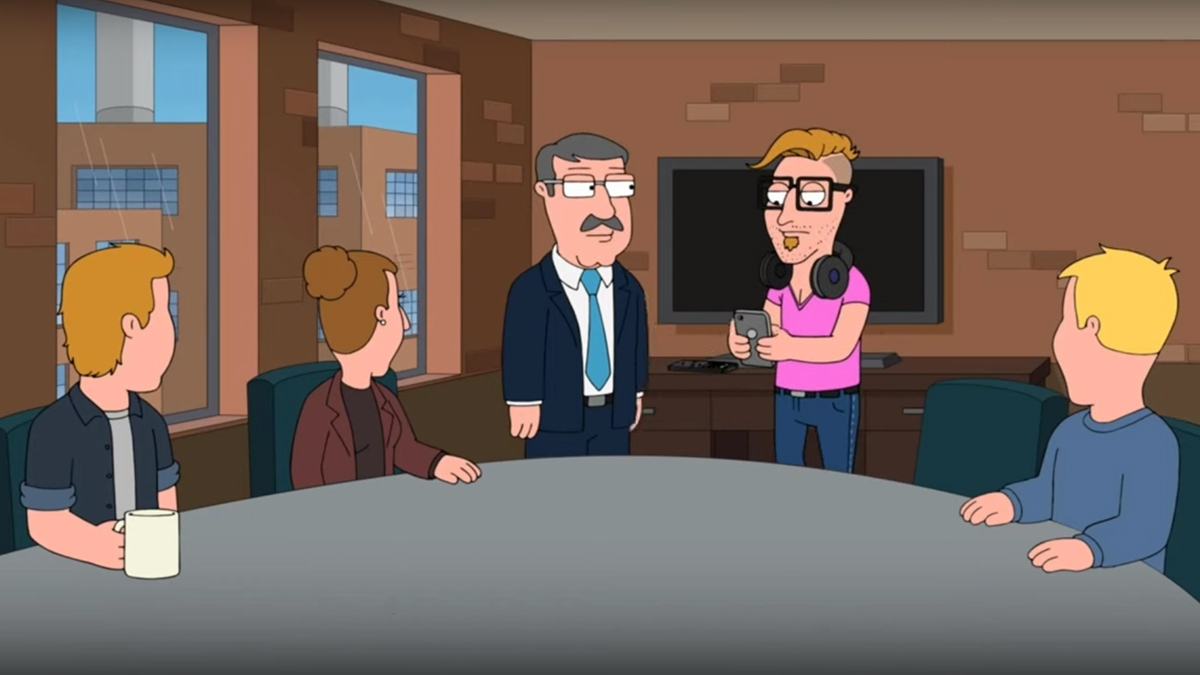OPINION
One of the clearest results from last Saturday’s referendum in Australia is just how stark is the divide between the elite and the masses. The elites — the wealthiest suburbs of the inner capital cities, and the entire ACT — were the only areas to vote Yes. Everywhere else — everywhere — the result was a unanimous, often overwhelming No. Areas with the highest proportion of indigenous voters registered an average 70% No vote.
But the result merely mirrored the entire campaign, which was one of the elites — corporations, academics, celebrities — against a tiny, grassroots campaign led by two indigenous Australians.
Corporations, especially, are going to have to face an almighty reckoning. The mega-wealthy elites who claim to be operating on a “social licence” have shown themselves to be diametrically opposed to mainstream Australian society and their own shareholders.
The big four banks made substantial contributions, totalling more than $7m, and large donations were also given by Wesfarmers, Qantas, BHP and Rio Tinto. Interestingly, Rio Tinto has an agreed Code of Conduct preventing the board from making political donations but the contribution to the Yes campaign was interpreted differently. Explicit shareholder approval was not sought in these cases.
Forestalling the inevitable whataboutism about donations to the No campaign from the owners of private companies, they did so with their own money, not shareholders’. The owners can do whatever they want with their own money, like any private citizens.
Shareholders, though, are not happy at seeing their money frittered on boutique social causes that, clearly, the majority of Australians do not support.
The directors of the CBA encountered some resistance from shareholders at its recent AGM in relation to its donation to the Yes campaign. The chairman, Paul O’Malley, responded by declaring “we see it as policy item, not a political item, from a CBA perspective”. But the distinction between policy and political was never made clear.
O’Malley then cynically blatherskited about “support[ing] First Nations customers, employees and community members”.
A cynic might say the best way for the bank to support First Nations customers – indeed, customers more generally – would be to cease the closing of regional branches and the restrictions on the services provided to bank customers. Lowering bank fees could also be useful.
Nah, just easier to slap on a bit of corporate ochre and fork out a few grand for a Welcome to Country ceremony.
A valuable outcome of the exposure of these corporate donations would be an examination of the principles that should govern corporate donations in the future […]
A useful response to the issue of corporate donations for political campaigns would be the setting down of the principles that should govern these types of board decisions in the future. It shouldn’t be necessary to be too heavy-handed on this issue. New laws, for example, shouldn’t be needed. Changes to the Corporate Governance Principles issued by the Australian Securities Exchange are one possible avenue.
The Australian
Boards and directors ought also to remember that their first duty is to increase value for shareholders. In the era of “Get Woke, Go Broke”, it’s hard to see that pandering to fringe social issues is increasing value for shareholders. Ask shareholders of Anheuser-Busch, for example.
Polling outfit CT Group may or may not be a publicly owned company, but its advocacy for the failed referendum looks set to hit its bottom line.
Liberal MPs will push back against any future involvement from long-time Liberal polling outfit CT Group after its involvement in the disastrous Yes23 campaign.
Several conservative and moderate Liberal MPs say they do not want CT Group to be involved in the next election campaign, with party sources saying that Freshwater Strategy will likely take on most of the work.
The polling outfit, formally known as Crosby Textor, was founded by Mark Textor and Lynton Crosby has been the Liberal Party’s preferred pollsters for more than 20 years.
Senior conservative MPs are questioning whether the company is part of the problem that plagues the party: wet, woke “moderates”, watering down the party’s brand and alienating its base.
Liberal National Party senator Gerard Rennick said CT should not be used by the Coalition in the future after its assistance to the Yes campaign. “They’ve been milking the party for too long – grassroot members don’t want their membership fees wasted on political careerists whose values don’t align with theirs,” he said.
Two senior conservative MPs said they would lobby against CT being engaged by the Liberal Party going forward. “Not if I have anything to do with it,” one said.
“They nailed their colours to the mast against the party when the party took a formal position.”
Those colours would appear to be the sort of washed-out blue-green which has seen grassroots conservative voters desert the party in droves.
Another said: “I didn’t need to see their effort on this. I saw their effort on the 2022 election and the 2016 election. They have been wrong more often than they have been right” […]
Nationals senator Matt Canavan also suggested the polling outfit had become out of touch with the majority of voters in suburban and regional areas.
“In recent years I have seen CT provide political advice that seems blinkered by the big buildings they work from.
“They need to get out of the inner city and connect with the vast majority of our voters in the suburbs and regions. Good political advice should be grounded in the real world experience of Australians who sometimes struggle to pay the bills.”
The Australian
But then, they might not get invited to the fashionable dinner parties where the Teals-voting “Doctor’s Wives” clink their jewellery at each other.

